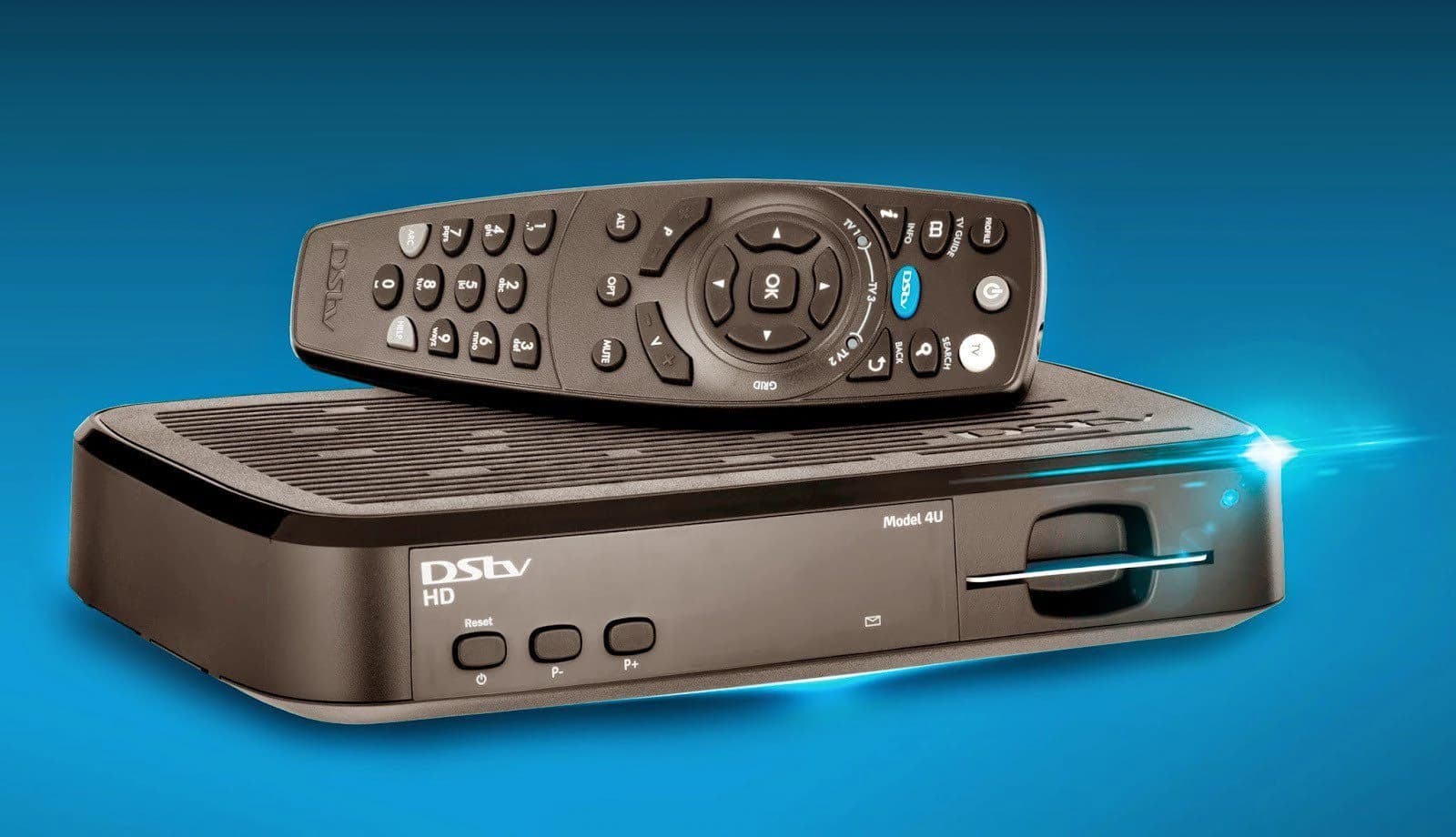We're loading the full news article for you. This includes the article content, images, author information, and related articles.
Facing a dramatic 84% drop in DStv subscribers and intense market pressure, the pay-TV giant has slashed hardware costs in a bid to retain customers and attract new viewers ahead of the festive season.

NAIROBI—MultiChoice Kenya has significantly reduced the prices of its DStv and GOtv decoders and installation equipment in a strategic move to counter a massive decline in its subscriber base. Effective Wednesday, 1st November 2025, the price of a DStv High-Definition Zapper decoder has been cut from KSh 1,199 to KSh 850. Similarly, the GOtv decoder now retails at KSh 799, down from KSh 999. The price adjustments extend to installation accessories, with the DStv dish kit now costing KSh 1,650 and the GOtv antenna priced at KSh 700. This promotional pricing is scheduled to run until Tuesday, 31st December 2025.
In a statement released on Wednesday, 5th November 2025, MultiChoice Kenya Managing Director Nzola Miranda positioned the move as a gesture of appreciation to customers. “These offers are our way of saying thank you to our customers for their loyalty and trust, while inviting new customers to join our growing family,” Miranda stated.
The price reduction follows alarming figures from the Communications Authority of Kenya (CA) which revealed a dramatic fall in MultiChoice’s active subscriber numbers. According to the CA's sector statistics for the fourth quarter of the 2024/25 financial year, DStv’s active subscriber base in Kenya plummeted by 84.2%, from approximately 1.19 million in June 2024 to just 188,824 by June 2025. GOtv, its terrestrial service aimed at the mass market, also saw a significant decline during the same period.
This sharp decline is attributed to several factors, including repeated increases in monthly subscription fees. MultiChoice implemented its fifth and sixth price hikes in under three years in November 2024 and August 2025, respectively. The latest adjustment in August 2025 saw the DStv Premium package rise to KSh 11,700 and the Compact Plus package to KSh 7,300. The company has cited rising operational costs and currency fluctuations as primary drivers for these increases.
The challenges for MultiChoice are not unique but reflect a broader shift in Kenya's entertainment and broadcasting landscape. A September 2025 report from the Communications Authority highlighted a market-wide contraction in traditional pay-TV, coinciding with the rise of over-the-top (OTT) streaming platforms like Netflix and Showmax (MultiChoice's own streaming service). Increased internet penetration and the affordability of smartphones have made streaming a more accessible and often cheaper alternative for many Kenyans, particularly in urban areas.
Furthermore, the CA has recently changed its methodology for counting subscribers, now only reporting “active subscriptions” that have generated revenue in the last 90 days. This has provided a more realistic, albeit starker, picture of the pay-TV market, stripping away previously counted dormant accounts.
MultiChoice Group, the parent company, acknowledged the difficult market conditions in its financial results for the year ending March 2025, reporting a 9% decline in its overall active subscriber base across Africa. The company is now betting that lower entry costs for hardware, combined with its exclusive sports content rights—a key retention tool—will be enough to stabilize its footing in the competitive Kenyan market. However, with consumer spending power under pressure, it remains to be seen whether discounted decoders can reverse the trend of rising subscription costs pushing viewers to more flexible and affordable digital alternatives.
Keep the conversation in one place—threads here stay linked to the story and in the forums.
Sign in to start a discussion
Start a conversation about this story and keep it linked here.
Other hot threads
E-sports and Gaming Community in Kenya
Active 9 months ago
The Role of Technology in Modern Agriculture (AgriTech)
Active 9 months ago
Popular Recreational Activities Across Counties
Active 9 months ago
Investing in Youth Sports Development Programs
Active 9 months ago